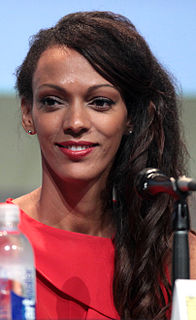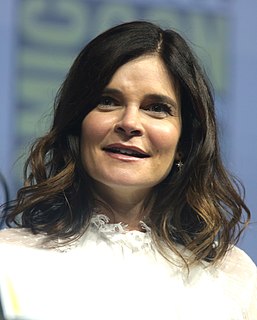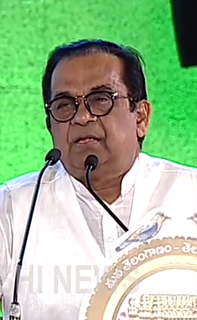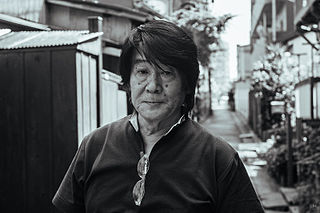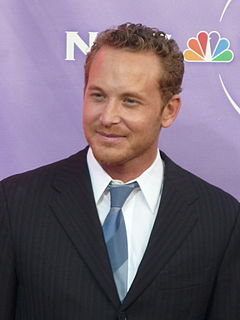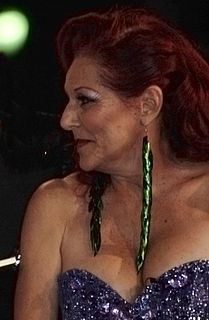A Quote by Michel Gondry
I shoot people in a way that makes the audience feel equal to them. And it's hard to express and it's hard to execute but I think it works on every level - the choice of the material the choice of the actor, my relationship with the actor, and so on.
Related Quotes
Here is the trap you are in.... And it's not my trap—I haven't trapped you. Because abortions are illegal, women who need and want them have no choice in the matter, and you—because you know how to perform them—have no choice, either. What has been violated here is your freedom of choice, and every woman's freedom of choice, too. If abortion was legal, a woman would have a choice—and so would you. You could feel free not to do it because someone else would. But the way it is, you're trapped. Women are trapped. Women are victims, and so are you.
When I take photographs, my body inevitably enters a trancelike state. Briskly weaving my way through the avenues, every cell in my body becomes as sensitive as radar, responsive to the life of the streets... If I were to give it words, I would say: "I have no choice... I have to shoot this... I can't leave this place for another's eyes... I have to shoot it... I have no choice." An endless, murmuring refrain.
It is one of the few elements in the process that a director really, really can't control: an actor's performance. If you have a director that understands that, it's comforting to an actor. You're starting the relationship more as a collaborator, rather than as an employee or some kind of a soldier trying to execute something you don't organically feel.
You think because you face situations not of your making that you exercise no choice? That you are helpless? To the contrary, child. Your whole life has been full of choices. Hiding from a hard truth is a choice. Surrender - even to the inevitable - is a choice. Even in death there is a choice. You may have no control over the time or manner of your death, but you can choose how you face it.



